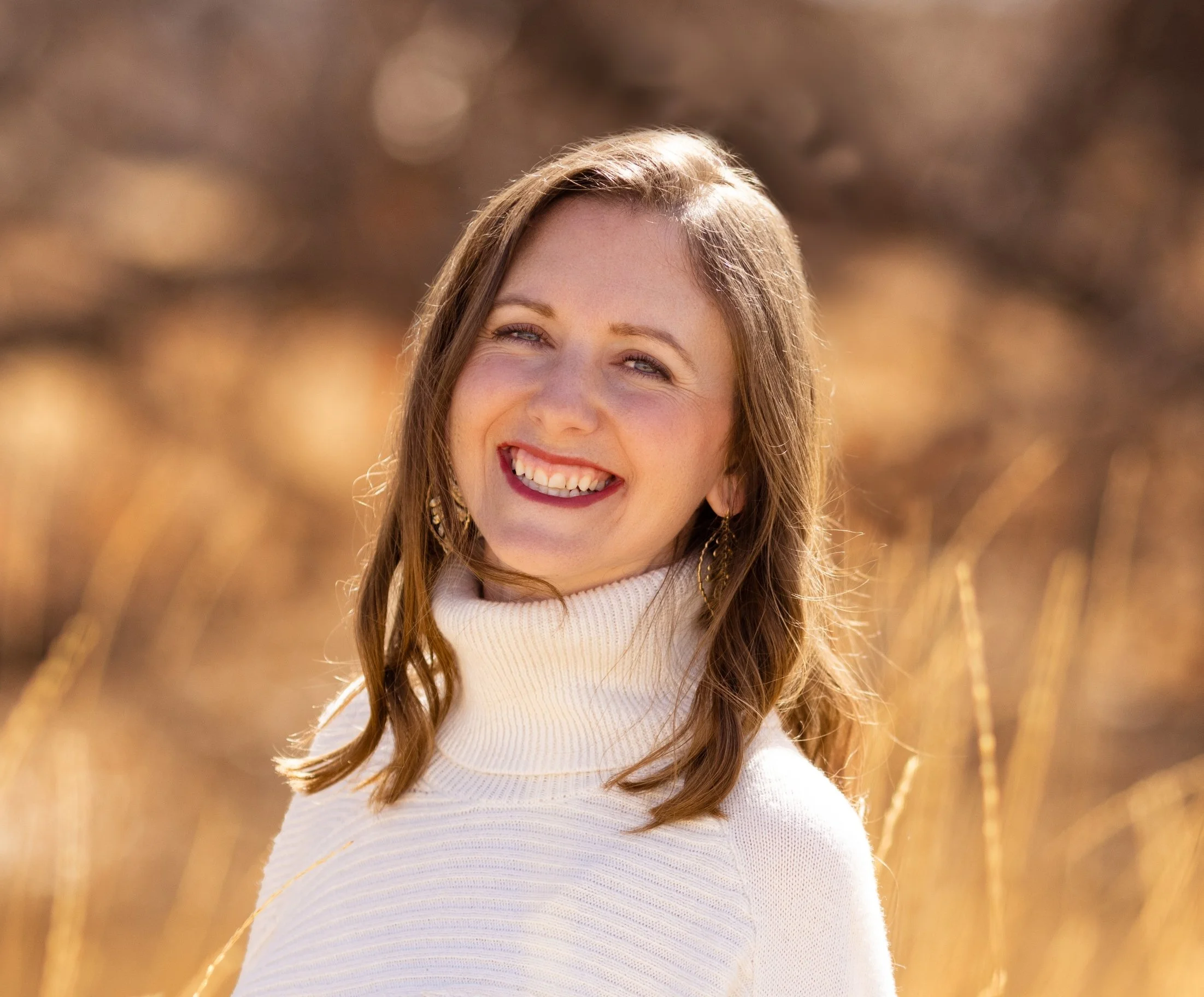There's something deeply alluring about the idea of healing ourselves with plants. The romance of it—brewing your own teas, gathering wild herbs, taking our wellbeing into our own hands. In a world where we've become so disconnected from the Earth and from our own bodies, this impulse makes perfect sense. It's a reaching toward something real, something ancient, something that feels like coming home.
And yet.
There's a reason herbalism has been a respected practice for thousands of years. A reason why herbalists trained for years, decades even, learning not just the names of plants but their souls, their rhythms, their gifts and their warnings. This knowledge wasn't passed down casually. It was sacred work, demanding reverence, patience, and deep listening.
In our modern moment—with all its Instagram wellness influencers and Amazon herb shopping—we've lost sight of something essential: plant medicine is powerful. And power, without wisdom, can harm as easily as it can heal.
The Seduction of Simple Solutions
I understand the appeal completely. You're struggling with hot flashes that wake you at 3 AM, drenched and disoriented. Or maybe it's the anxiety that seems to come from nowhere, tightening around your chest like a vice. Perhaps your period has become a wild, unpredictable thing, leaving you exhausted and depleted.
You do what any of us would do—you search online. And there, waiting for you, are hundreds of articles promising relief. "Five herbs for hot flashes!" "Natural remedies for perimenopause anxiety!" The solutions seem so straightforward. Black cohosh. Red clover. Vitex. Just order them, take them, feel better.
It all sounds so simple.
But here's what those listicles don't tell you: your body is not a generic template. Perimenopause is not a one-size-fits-all experience. What's happening inside you is a complex, deeply individual orchestration of hormones, nervous system patterns, emotional landscapes, ancestral imprints, and present-moment stressors. The herbs that support one woman might overwhelm another. The dosage that brings relief to your friend might do nothing for you—or worse, might tip you further out of balance.
Plants are not passive. They are active participants in your healing, and they demand to be met with understanding.
The Hidden Complexity of Plant Medicine
When you work with an herbalist, you're not just getting someone who knows which herb does what. You're accessing someone who understands the intricate relationships between plants and human physiology, between one herb and another, between your symptoms and their root causes.
Let me give you an example. Say you're dealing with heavy, flooding periods—a common experience during perimenopause as estrogen and progesterone begin their erratic dance. You might read that vitex (chasteberry) helps balance hormones, so you order some and start taking it.
But here's what an herbalist knows: vitex works primarily on the pituitary gland, influencing luteinizing hormone and prolactin. It can be incredibly helpful for some hormonal patterns, but if your flooding is related to estrogen dominance combined with thyroid dysfunction and underlying inflammation, vitex alone might not address the root—or it might even complicate things. An herbalist would look at your entire picture: your energy levels, digestion, sleep patterns, stress response, emotional state, and yes, your bleeding patterns. They'd consider whether you need herbs that support liver detoxification of excess estrogen, herbs that tone the uterine tissue, adaptogens to support your stress response, or nervines to calm an overstimulated nervous system.
Often, it's a combination. A carefully crafted formula that addresses multiple layers of what's happening in your body.
This is the art of herbalism—the ability to see patterns, to understand constitutions, to know not just what an herb does in isolation, but how it will interact with your unique system.
The Reality of Herb-Drug Interactions
Here's something that rarely makes it into those cheerful blog posts about natural remedies: herbs are medicine, which means they can interact with pharmaceutical medications in significant ways.
St. John's Wort, often recommended for mood support during perimenopause, can reduce the effectiveness of birth control pills, antidepressants, blood thinners, and numerous other medications. Licorice root, wonderful for adrenal support, can raise blood pressure and interact with diuretics and corticosteroids. Even something as seemingly benign as ginkgo can increase bleeding risk if you're taking blood thinners.
A trained herbalist knows these interactions. They'll ask you what medications you're taking, what supplements you're already using, and they'll craft a protocol that works with—not against—your existing healthcare regimen.
Self-prescribing without this knowledge isn't empowering. It's risky.
Dosage: The Space Between Medicine and Harm
There's a saying among herbalists: "The dose makes the poison." It's true for pharmaceutical drugs, and it's equally true for plants.
Too little of an herb might do nothing at all. Too much might cause side effects or, in some cases, real harm. And the "right" dose isn't something you can simply read off a bottle—it depends on your body weight, your constitution, your sensitivity, what else you're taking, and what you're trying to address.
Kava, for instance, can be beautifully calming for anxiety when used appropriately. But in excessive doses or when used long-term without breaks, it can stress the liver. Motherwort is a wonderful heart and nervous system tonic, but in too-high doses, it can cause digestive upset or interfere with heart medications.
An herbalist understands these nuances. They start conservatively, adjust based on your response, and monitor how you're doing over time. They know when to increase, when to decrease, when to switch approaches entirely.
The Diagnostic Dilemma: What's Really Going On?
Perhaps the most critical reason to work with an herbalist—and a licensed healthcare provider—is this: you need to know what you're actually dealing with.
That exhaustion you're attributing to perimenopause? It might be, or it might be hypothyroidism, anemia, sleep apnea, or chronic Epstein-Barr. The heavy bleeding? Could be hormonal, or it could be fibroids, polyps, or endometrial hyperplasia. The anxiety? Nervous system dysregulation is common in perimenopause, yes, but it could also be a thyroid disorder, blood sugar instability, or unprocessed trauma rising to the surface.
A skilled herbalist takes a thorough health history. They ask questions you might not think are relevant. They look at your tongue, feel your pulse, notice patterns you've missed. And importantly, they know when to refer you to other practitioners for testing or evaluation.
Herbs can support your body beautifully, but they can't diagnose disease. You need proper assessment to ensure you're not missing something that requires different intervention.
The Sacred Relationship Between Herbalist and Client
Working with an herbalist is not a transaction—it's a relationship. It's a partnership in your healing.
During perimenopause especially, when so much is changing and so much can feel uncertain or overwhelming, having someone who really sees you, who listens deeply, who holds space for both your physical symptoms and your emotional experience—that itself is medicine.
An herbalist doesn't just hand you a bottle of capsules and send you on your way. They spend time understanding your story. They witness the fullness of your experience. They help you make sense of what's happening, not just in your hormones but in your life, in this threshold moment between who you've been and who you're becoming.
This is the difference between consuming a product and receiving care. Between managing symptoms and being truly supported.
The Earth Speaks Through Those Who Listen
Herbalism is a practice of deep listening—to plants, yes, but also to the human body, to the whispers of imbalance before they become screams. This kind of listening takes time to develop. Years of study, yes, but also years of practice, of seeing how different bodies respond, of learning the subtle languages of healing and of harm.
When you work with an herbalist, you're benefiting from this accumulated wisdom. You're receiving the fruits of their training, their experience, their mistakes and successes, their ongoing relationship with the plants themselves.
There's a humility required in this work—a recognition that we don't master plants, we collaborate with them. That we don't force healing, we create conditions for it. That each person, each body, each moment requires presence and discernment.
This humility is what protects you. It's what ensures that the herbs you receive are truly in service of your wellbeing.
Empowerment vs. Isolation
I want to be clear: I'm not saying you should be passive in your own healing. Far from it. Your intuition matters. Your felt sense of what your body needs is valuable. Learning about herbs, reading, exploring—all of this is wonderful.
But there's a difference between being informed and being isolated. Between empowerment and going it alone.
True empowerment includes knowing when to seek guidance. It includes building a team of practitioners who can support you from different angles. It includes recognizing that asking for help isn't weakness—it's wisdom.
You don't have to figure this out by yourself. You don't have to be your own herbalist, your own doctor, your own therapist, your own everything. That's not empowerment. That's exhaustion dressed up as self-sufficiency.
What to Look for in an Herbalist
If you're ready to work with an herbalist—and I hope you are—here's what to look for:
Training and credentials: Look for someone with formal education in herbal medicine, whether through a reputable herbal school, apprenticeship with experienced practitioners, or clinical herbalist certification.
Experience with your specific concerns: Perimenopause, hormonal health, women's wellness—these require specific knowledge. Find someone who specializes in what you're dealing with.
A holistic approach: The best herbalists don't just throw herbs at symptoms. They look at the whole picture—physical, emotional, spiritual, relational.
Good communication: You should feel heard, seen, and respected. Your herbalist should explain their thinking, answer your questions, and make space for your concerns.
Collaboration with other practitioners: A good herbalist knows their scope and is willing to work alongside your other healthcare providers.
The Invitation
Perimenopause is an initiation. It's calling you into a deeper relationship with your body, with the Earth, with your own power and vulnerability. It's asking you to slow down, to listen more carefully, to tend to yourself with real care.
Plant medicine can be a beautiful part of this journey—but only if approached with the respect and wisdom it deserves.
So yes, learn about herbs. Read, explore, develop your curiosity. But when it comes time to actually work with these powerful allies, trust someone who has devoted their life to understanding them. Someone who can see you clearly and hold your healing with skill and reverence.
You deserve that level of care. Your body deserves that level of respect. And the plants—those ancient, generous teachers—deserve to be worked with by those who truly know them.
This is not about giving your power away. It's about stepping into a different kind of power—the power of collaboration, of received wisdom, of being held in your transformation rather than navigating it alone.
That, to me, is what real healing looks like.
Taylor Short, of Harmonious Return is a Perimenopause Herbalist, Writer & Earth Intuitive. She’s passionate about starting a natural perimenopause revolution and tap into the wisdom of the earth and your body’s natural healing abilities so you can step out of barely hanging on… to fully blossoming and thriving in your full, authentically balanced self!
Harmonious Return is your answer to finding a Local herbalist near you in Denver, Colorado.
Here for you.



